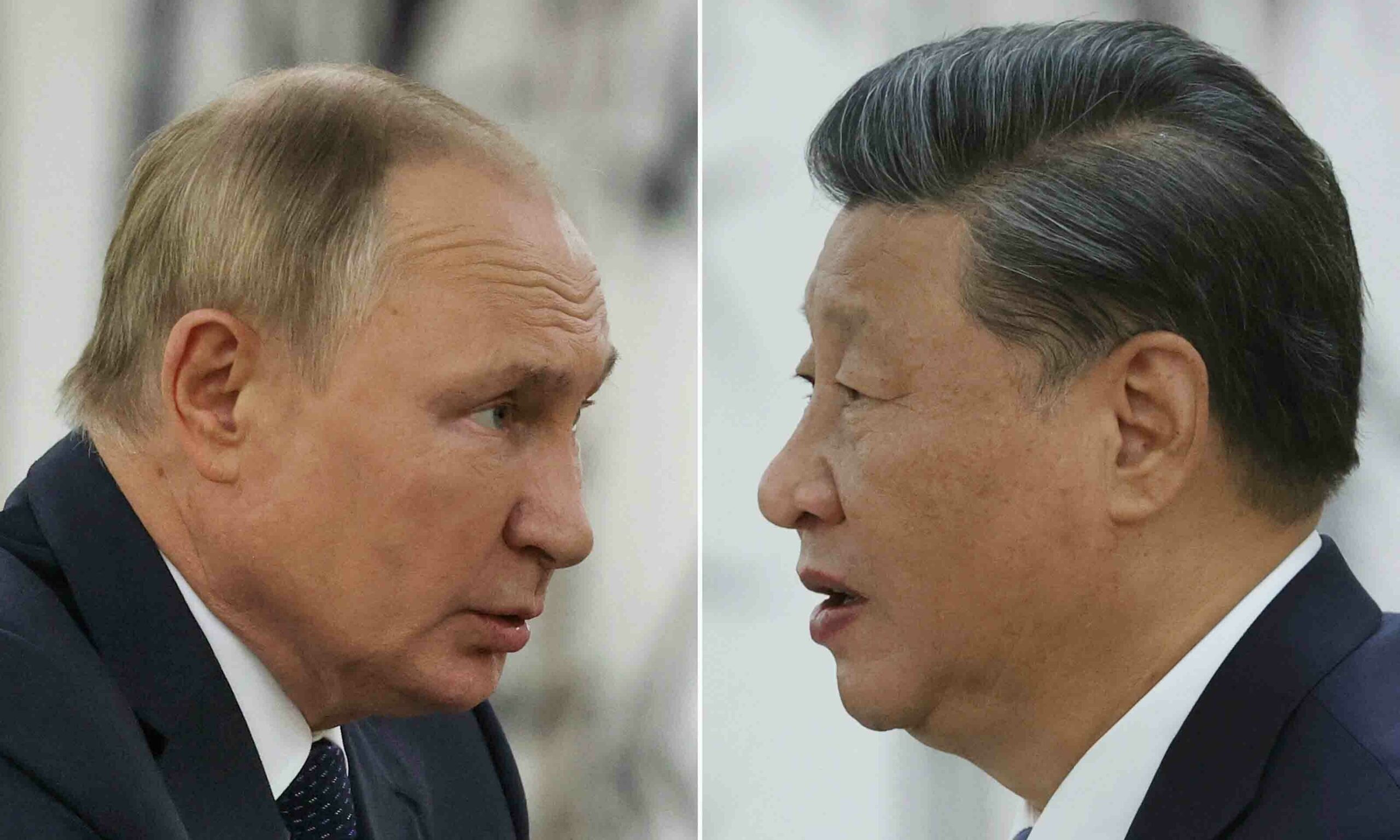According to a statement released by the Taiwanese government on Friday, the “growth of authoritarianism” posed by ties between Russia and China poses a threat to international stability.
On Thursday, Russian President Vladimir Putin and Chinese President Xi Jinping held their first face-to-face discussions since the beginning of the conflict in Ukraine. They praised their strategic connections as a way to stand up to the West.
During their meeting in Samarkand, Xi expressed his willingness to “make efforts with Russia to take the position of big powers” alongside Putin.
Putin restated Russia’s backing for China’s claim to self-ruled Taiwan, which China claims as its territory and has threatened to occupy in the future.
Taipei is worried that Xi may follow Russia’s example and invade a neighbor it has long vowed to control.
The Taiwanese Ministry of Foreign Affairs issued a statement in which it “severely condemned Russia for following the Chinese Communist Party’s authoritarian expansionist regime to continue to make false claims at international venues that degrade our country’s sovereignty.”
Russia’s accusations that those who seek to preserve calm and the status quo are provocative are just one more example of how the partnership between China and Russia’s authoritarian regimes threatens global democracy and freedom.
Mahnur is MS(development Studies)Student at NUST University, completed BS Hons in Eng Literature. Content Writer, Policy analyst, Climate Change specialist, Teacher, HR Recruiter.










